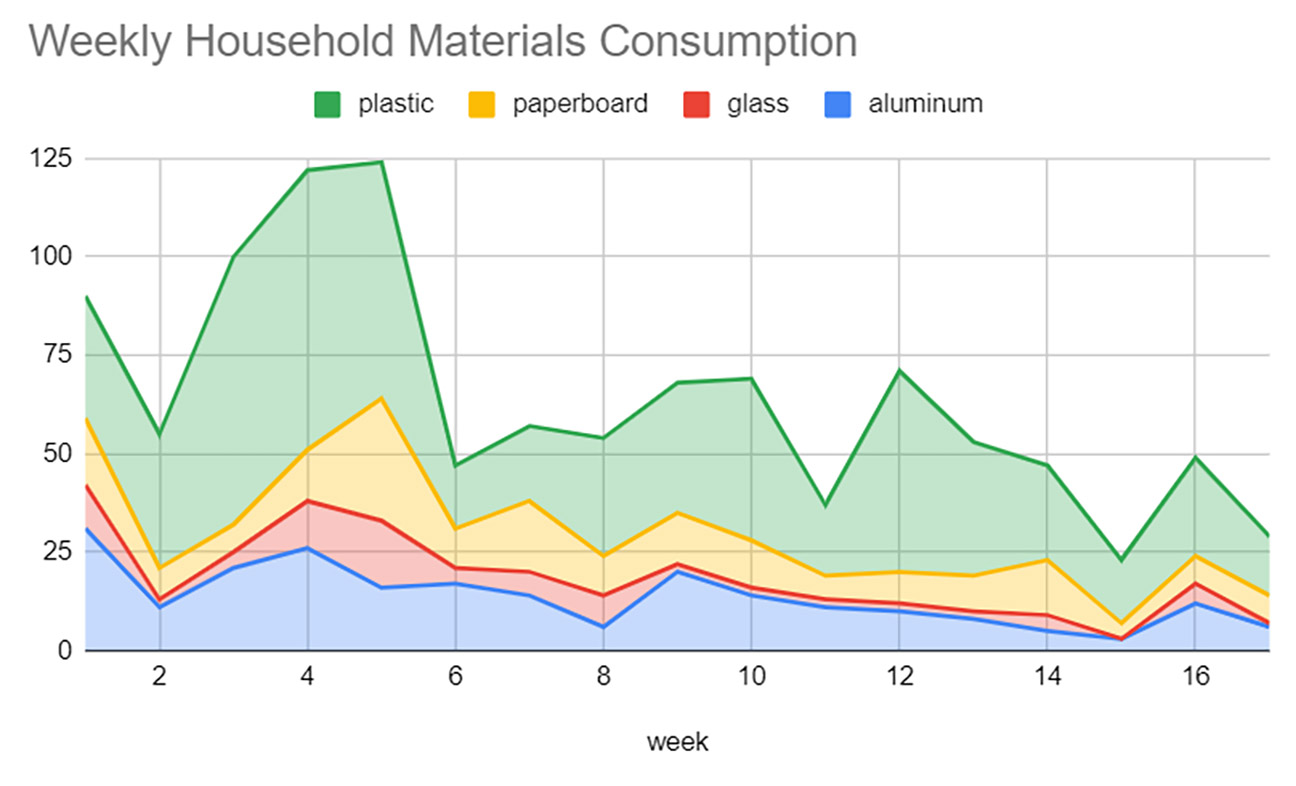In an era where humanity’s consumption and production patterns strain the planet, the need for sustainable living has never been more critical. From plastic pollution to carbon emissions, lifestyle choices significantly impact our well-being, the environment, and the global economy. To address these challenges, individuals must adopt sustainable practices in their daily lives. Here are five impactful ways to reduce your carbon footprint and live more sustainably.
- Embrace Plant-Based Diets:
Opting for plant-based diets is a powerful step towards reducing the ecological impact of food consumption. Agricultural expansion, a primary driver of deforestation, threatens biodiversity and ecosystem services. By choosing plant-based alternatives, individuals can improve their health, lower greenhouse gas emissions, and contribute to the preservation of natural habitats.
- Choose Sustainable Transportation:
A staggering 95% of the world’s transport is still powered by fossil fuels, directly contributing to 23% of global energy-related carbon dioxide emissions. Transitioning to public or shared transport, walking, or cycling can significantly reduce emissions and air pollution. Additionally, these choices encourage urban planners to design more sustainable cities that prioritize eco-friendly transportation.

- Promote Energy-Efficient Buildings:
Buildings account for 21% of total greenhouse gas emissions, mainly due to electricity, heating, and cooling. Simple actions such as using natural light, adjusting clothing instead of relying on heating or cooling, and adopting sustainable furnishings and energy-efficient appliances can drastically reduce energy needs in households and offices to live more sustainably.
- Rethink Consumption Patterns:
With the world producing 2.24 billion tonnes of municipal solid waste annually, a shift in consumer behavior is crucial. Prioritizing products that last longer, embracing sharing and repairing goods, and consciously considering needs before purchases can minimize the use of high-footprint materials like plastics, paper, and textiles. This, in turn, reduces waste and associated emissions.
- Choose Sustainable Leisure Activities:
How people spend their leisure time, especially in the tourism and recreational sectors, significantly impacts the environment. Opting for local activities and supporting nearby businesses can make a positive difference to live more sustainably. As the tourism sector accounts for about 8% of all emissions, individuals can contribute by extending stays, consuming local products, and avoiding disposables in favor of reusable alternatives.
Living more sustainably is not only an individual responsibility but a collective effort to mitigate the environmental challenges facing our planet. These five actionable steps empower individuals to make informed choices that can collectively contribute to a greener and more sustainable future. By adopting these practices, we can align our lifestyles with the principles of environmental stewardship, ensuring a healthier planet for generations to come.






